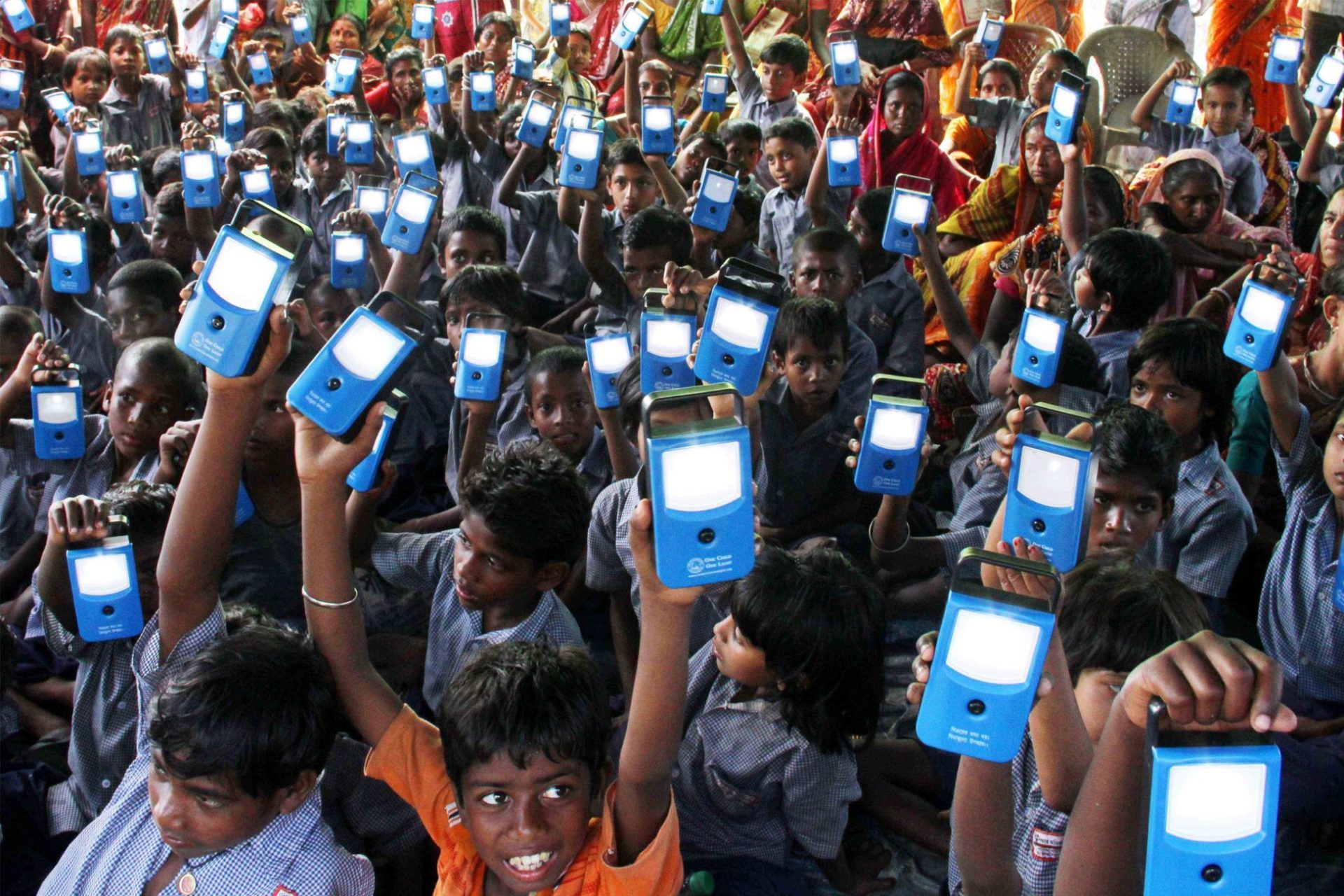
As Financing for Development Changes, NGOs are Exploring Options Beyond Traditional Aid
Approaches to financing for international development are changing rapidly. International development partners are looking beyond aid to private finance and new forms of development cooperation. Over the last decade, innovative finance for international development and humanitarian programs (IF4D) has expanded, and more and more international NGOs are making strategic decisions, or contemplating such decisions, to adopt innovative finance alongside more traditional approaches to their programs and operations.
To support the growing number of NGOs exploring innovative financing opportunities, InterAction produced a practitioner-oriented report that explains key IF4D instruments and how they have been, or can be, used. The report is intended for a broad audience but highlights the role of NGOs in implementing IF4D instruments in order to increase the information available to NGOs – and to help inform their decision-making about these new financing approaches.
For the past two years, InterAction has learned that NGOs’ levels of engagement and experience with IF4D exists along a spectrum. Whether your organization is exploring IF4D opportunities for the first time or has been actively implementing IF4D for years our latest report has something for you.
Here are three quick takeaways for NGOs from the report:
- There are many innovative finance instruments available to NGOs and a variety of roles they can play. Our report explores 17 instruments, ranging from impact investing to insurance schemes to debt conversion, each with its own unique characteristics. Additionally, it delves into the various roles NGOs can play in terms of IF4D transactions. Many NGOs may be inclined to think that the most natural role for them to play (in some cases the only role they can play) in innovative finance is to be the recipient of someone else’s funds. Yet, NGOs can act as an investor, intermediary, technical assistance provider, evaluator, or even advocate. The wide variety of instruments available to NGOs and the various roles they can play means that there is an instrument and role for almost any context.
- Contrary to popular belief, IF4D approaches are not necessarily riskier than traditional grants. In a 2017 survey of InterAction’s membership, 73 percent of organizations implementing IF4D indicated in their survey responses that IF4D entails “roughly the same” or “less” risk than traditional grants. This goes against the widespread perception among newcomers and non-implementing organizations that IF4D activities are inherently more risky than traditional grants.
- There is overlap in the most salient challenges (and thus learning needs) for both NGOs with experience in IF4D and the novices. In our survey, NGOs cited lack of information about different financing instruments and how they work among the top challenges in their efforts to explore new financing options. Consequently, both groups identified support in identifying the right instruments for their organizations as their biggest learning need. This report directly addresses that need by offering NGOs a practical, easy-to-understand instrument guide that provides an in-depth review of each instrument, beginning with a summary snapshot table for that instrument, followed by a more extensive presentation of key factors NGOs should understand and consider when trying to identify the “right fit” instrument.








